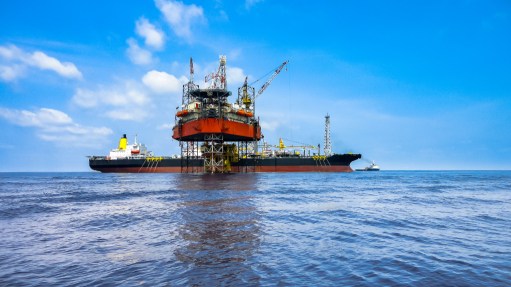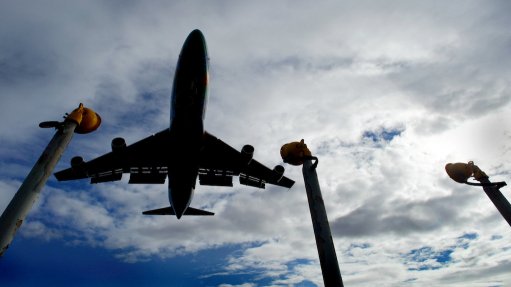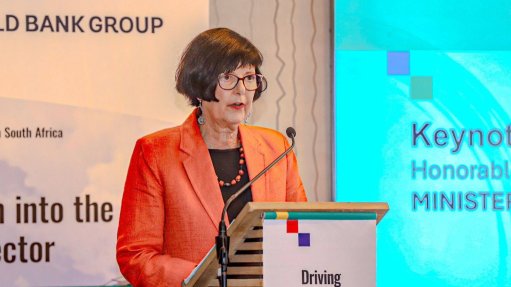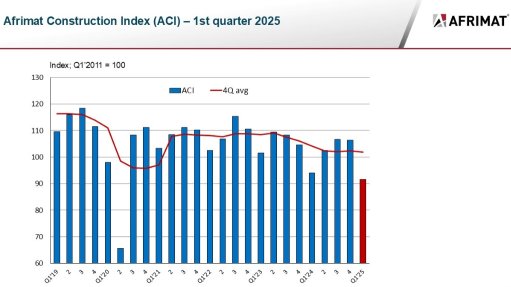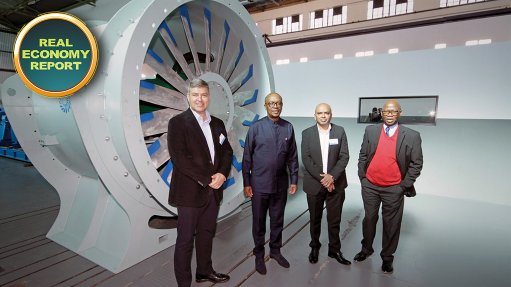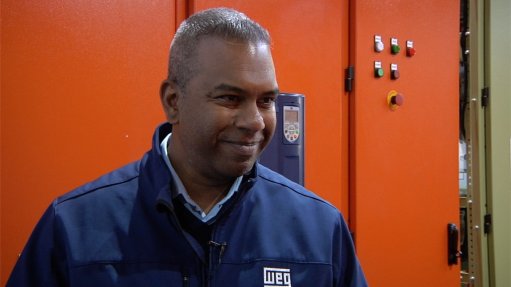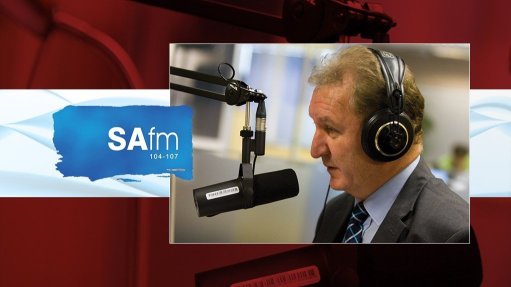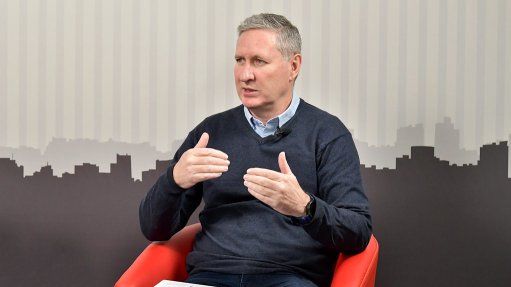Nkabane says South Africa will move ahead with nuclear procurement in 2022

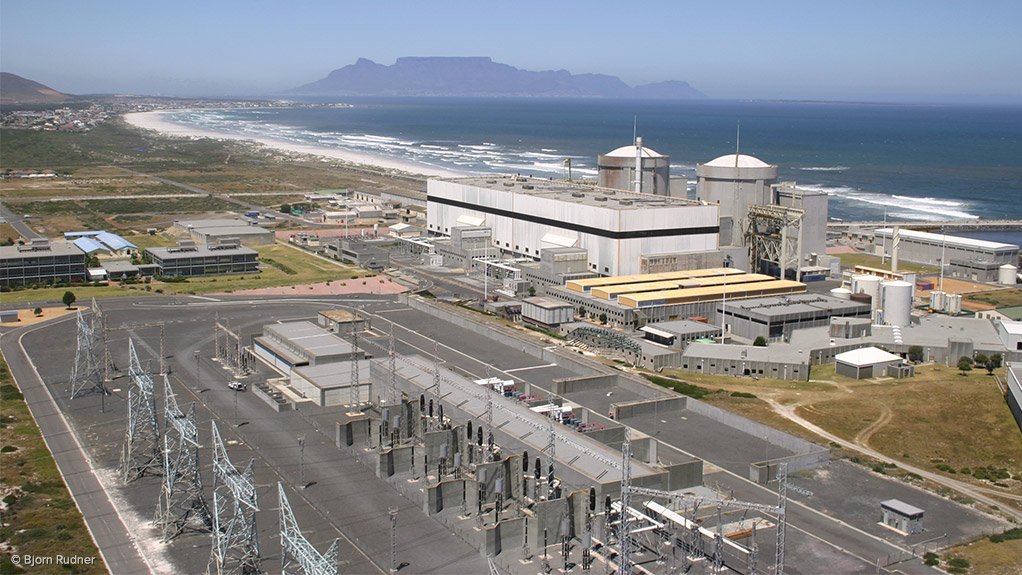
The only allocation made in the IRP 2019 for nuclear relates to extending Koeberg's life
Deputy Mineral Resources and Energy Minister Dr Nobuhle Nkabane says that South Africa plans to issue a request for proposal (RFP) for a 2 500 MW nuclear programme by the end of March 2022 and complete the procurement in 2024.
In an address to the sixty-fifth general conference of the International Atomic Energy Agency on Tuesday, Nkabane reported that government had received positive responses from 25 companies to a request for information issued in June 2020 and stated that the National Energy Regulator of South Africa (Nersa) had concurred with a Ministerial section 34 determination for the procurement.
In its concurrence statement, Nersa listed a number of suspensive conditions, including:
- satisfaction of Decision 8 of the Integrated Resource Plan of 2019 (IRP 2019), which requires that the nuclear build programme be at an affordable pace and modular scale that the country can afford;
- recognition of technological developments in the nuclear space;
- that the rationality for a nuclear procurement be established through a demand analysis;
- that the generator of the electricity produced be Eskom Holdings, or any other organ of State, or in partnership with a juristic person;
- that the buyer of the electricity be Eskom Holdings, or any entity determined through Eskom’s unbundling process as the future buyer of electricity;
- that the Department of Mineral Resources and Energy (DMRE), or an organ of State, be the procurer and be responsible for determining a fair, equitable, transparent, competitive and cost-effective procurement process; and
- that new nuclear power be procured based on engineering, procurement and construction contract principles rather than through fragmented contracts.
No mention was made by Nersa about the fact that there is no allocation in the IRP 2019, which covers the period to 2030, for new nuclear.
The only allocation made for nuclear relates to a life extension project at the Koeberg power station, in the Western Cape.
The DMRE has indicated previously, however, that any new nuclear capacity would not be introduced to the grid prior to 2030, owing to the long lead times involved in procuring and building nuclear.
Government has also indicated its preference for small modular reactors, despite the fact that no such reactors are yet commercially available and South Africa has abandoned the Pebble Bed Modular Reactor programme, which has since been transferred to Eskom’s custodianship.
In addition, Eskom has indicated that, besides the Koeberg extension, it has no immediate nuclear plans, partly owing to its weak financial position, but also because of the time and cost advantages associated with renewable energy and gas-to-power, which it is investigating as it moves to decommission coal stations.
The State-owned utility has indicated that it hopes to pursue a just energy transition transaction to raise concessional finance to repurpose and repower some of its old power stations, including by installing solar photovoltaic, gas and battery energy storage.
In her speech, Nkabane said the proposed nuclear procurement would support government’s Economic Reconstruction and Recovery Plan and ensure security of energy supply.
“In line with the nuclear energy policy as we embark on the just energy transition in South Africa, we recognise that nuclear plays a pivotal role as one of the clean energy sources that are needed to achieve net-zero emissions by 2050,” she said.
Comments
Announcements
What's On
Subscribe to improve your user experience...
Option 1 (equivalent of R125 a month):
Receive a weekly copy of Creamer Media's Engineering News & Mining Weekly magazine
(print copy for those in South Africa and e-magazine for those outside of South Africa)
Receive daily email newsletters
Access to full search results
Access archive of magazine back copies
Access to Projects in Progress
Access to ONE Research Report of your choice in PDF format
Option 2 (equivalent of R375 a month):
All benefits from Option 1
PLUS
Access to Creamer Media's Research Channel Africa for ALL Research Reports, in PDF format, on various industrial and mining sectors
including Electricity; Water; Energy Transition; Hydrogen; Roads, Rail and Ports; Coal; Gold; Platinum; Battery Metals; etc.
Already a subscriber?
Forgotten your password?
Receive weekly copy of Creamer Media's Engineering News & Mining Weekly magazine (print copy for those in South Africa and e-magazine for those outside of South Africa)
➕
Recieve daily email newsletters
➕
Access to full search results
➕
Access archive of magazine back copies
➕
Access to Projects in Progress
➕
Access to ONE Research Report of your choice in PDF format
RESEARCH CHANNEL AFRICA
R4500 (equivalent of R375 a month)
SUBSCRIBEAll benefits from Option 1
➕
Access to Creamer Media's Research Channel Africa for ALL Research Reports on various industrial and mining sectors, in PDF format, including on:
Electricity
➕
Water
➕
Energy Transition
➕
Hydrogen
➕
Roads, Rail and Ports
➕
Coal
➕
Gold
➕
Platinum
➕
Battery Metals
➕
etc.
Receive all benefits from Option 1 or Option 2 delivered to numerous people at your company
➕
Multiple User names and Passwords for simultaneous log-ins
➕
Intranet integration access to all in your organisation







